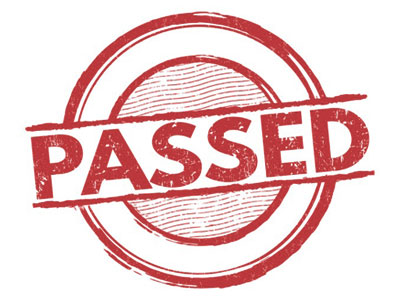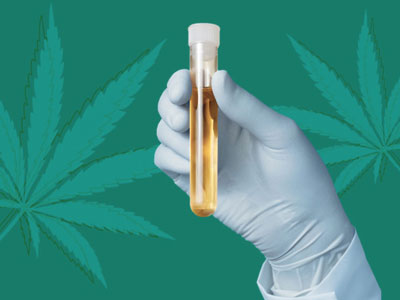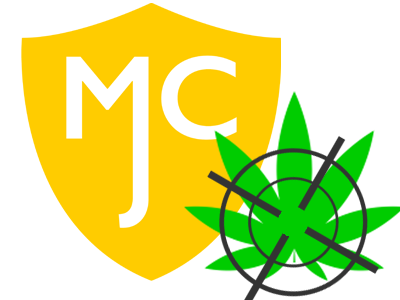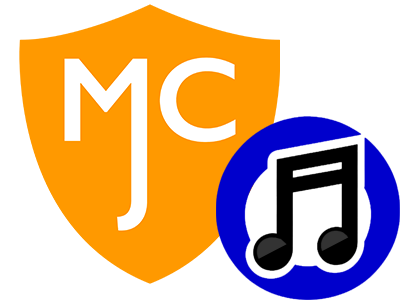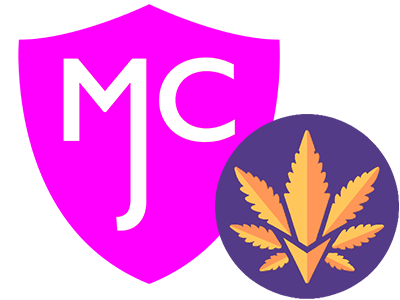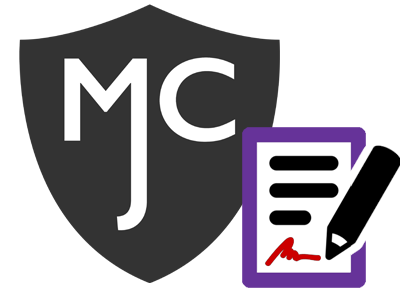
Despite the fact that marijuana withdrawal symptoms, especially when compared to other substances of use, is comparatively mild—they do pose some issues that many users may need help to overcome.
Scientists at Duke University found in a study of 496 adult marijuana smokers who tried to stop using this drug that 95.5% of these individuals experienced one or more withdrawal symptoms. According to researchers, the number of symptoms experienced correlated directly to use patterns such as the volume smoked and how often marijuana was consumed.
This research outcome also indicated that while daily marijuana smokers experienced the most withdrawal symptoms, those who used marijuana on a weekly or less than weekly basis still experienced mild to moderate symptoms.
Marijuana withdrawals can range from mental symptoms such as irritability, anxiety, unnecessary worry, depression, restlessness, insomnia, and loss of weight to physical symptoms such as stomach pain, sweats, shakiness, fever, chills, and headaches.

The most common marijuana withdrawal symptoms include:
- Drug Cravings. At least 75.7% of marijuana users who are trying to quit reported experiencing an intense craving for marijuana in order to combat the off balance homeostasis their body is now experiencing and to relieve the ailments they were treating to begin with.
- Mood Swings. Many people coming down from habitual marijuana use sometimes go through feelings of aggression, depression, restlessness, anger, euphoria and irritability. In studies, at least 50% of those trying to quit marijuana use suffered some of these mood swings.
- Poor sleep or insomnia. These symptoms have been shown to last anywhere from a few days to weeks or months in some cases. Nightmares and vivid dreams can also disrupt sound sleep that according to researchers affect an estimated 46.9 percent of people trying to quit using cannabis in order to gain employment.
- For those who experience this symptom, the headaches are usually intense and at times can be debilitating. According to researchers, marijuana withdrawal headaches can last anywhere from one to three weeks or up to two months after quitting marijuana use.
- Other Symptoms may include loss of appetite, indigestion, nausea, decreased sex drive, shakiness, dizziness and cramps among others.
Why do marijuana withdrawal symptoms occur?
It is normal to ask that very important question above; the answer is simply put in this form: when a person who formerly consumes cannabis heavily, a balance is created in the body known as homeostasis, and this balance yearns for satisfaction.
Because of building up a tolerance and as a result of the effects marijuana has on many systems (see Endocannabiniod System) of the body, it takes time for the body to alter its functioning when you stop smoking it since a new body homeostasis needs to be created that is different from the previous. This brings about the withdrawal symptoms mentioned above.
Treating cannabis withdrawal symptoms with CBD
CBD has proven to be the best alternative to organic cannabis herbs and products. This is especially true if you’re looking for a new career and would like to continue to medicate – as you won’t fail a drug test when using CBD only products.
From a different angle, CBD provides immense relief for many of the same ailments people seek the organic herb for. Read more about the Health Benefits of THC versus the Health Benefits of CBD and how the drug testing industry treats these compounds.
Evidence of medical benefits CBD continues to grow. Here are some facts you should know about this unique product:
1. CBD is an important ingredient in cannabis.
CBD is among the 60 substances found in cannabis which belong to a class of molecules called cannabinoids. Using selective breeding methodology, persons who breed cannabis have been able to create varieties with a high degree of CBD and ultimately no THC.
2. CBD is non-psychoactive
In contrast to the THC, CBD doesn’t cause high. A 2011 research in Current Drug Safety concludes that “psychomotor and psychological functions are not affected by CBD oil.”


